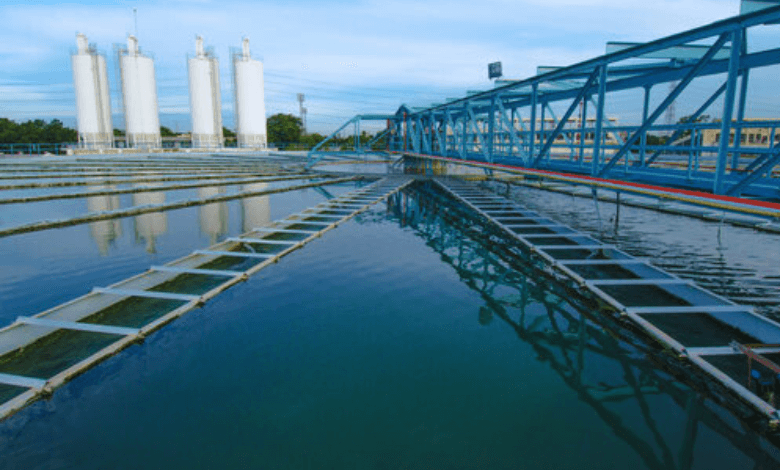The Water Industry’s £96 Billion Dilemma: Who Bears the Burden?

Following the release of plans for an enormous £96 billion investment intended to address raw sewage breaches, build new reservoirs, and reduce leakage, water providers in England are coming under intense scrutiny and criticism.
When compared to current financing for the privatized water system, the planned investment virtually doubles it.
These plans, which cover the years 2025–2030, are expected to be approved by the Ofwat regulator by the corporations. Who should pay for these upgrades, however, has been a major source of debate.
To virtually double their investment in supplying clean water, safeguarding the environment, and securing future water resources, the water firms must first get permission from the regulator, which is the key component of their strategy.
The size of the projected makeover is demonstrated by the expectation that this significant expenditure will generate 4,000 apprenticeships and 30,000 new employees.
Customers have been advised that these upgrades to treatment facilities, sewage outflows, and reservoir development may require them to pay an additional £156 annually on average by 2030. Critics argue that consumers shouldn’t be forced to pay for infrastructure changes that should have been made to comply with the companies’ operating permits, which has created a heated discussion.
Proponents of clean water argue that the firms themselves should bear most of the cost, stressing that customers shouldn’t be required to pay for changes that are entirely the companies’ responsibility.
It has been questioned if the £71 million allocated for decreasing raw sewage spills into environmentally sensitive places, such as the River Wharfe, which has bathing water status, is the right investment.
In response to these worries, business organizations like Water UK claim that investment is essential to safeguarding the country’s water supply in the face of threats from climate change and population expansion.
They contend that even while higher rates are never a good thing, infrastructure investment is necessary to guarantee the long-term security of the water supply.
To speed up their efforts to limit overflow spills into rivers and oceans, the corporations are requesting regulatory approval.
Regulators like Ofwat are looking into businesses for suspected shortcomings in their water treatment facilities while the discussion is ongoing.
The Environment Agency is concurrently conducting a criminal inquiry into possible unlawful sewage discharges. The discussion over responsibility and consumer rights was further fueled last week when Ofwat ordered the providers to pay customers next year as a punishment for subpar performance.
Ofwat will make important choices in the upcoming months over whether to adopt the suggested plans and the corresponding bill hikes.
The results will decide how the water business develops and how costs and duties are allocated among stakeholders, with substantial repercussions for customers and the environment.
ALSO READ: Biden Administration’s Offshore Oil and Gas Leases: A Critical Analysis
In conclusion, the argument over the water industry’s investment plans mirrors a wider discussion about responsibility, money, and the environment. In the upcoming years, achieving a balance between protecting vital water supplies and guaranteeing equitable financial contributions from stakeholders will be a crucial challenge for regulators, the industry, and the general public.



